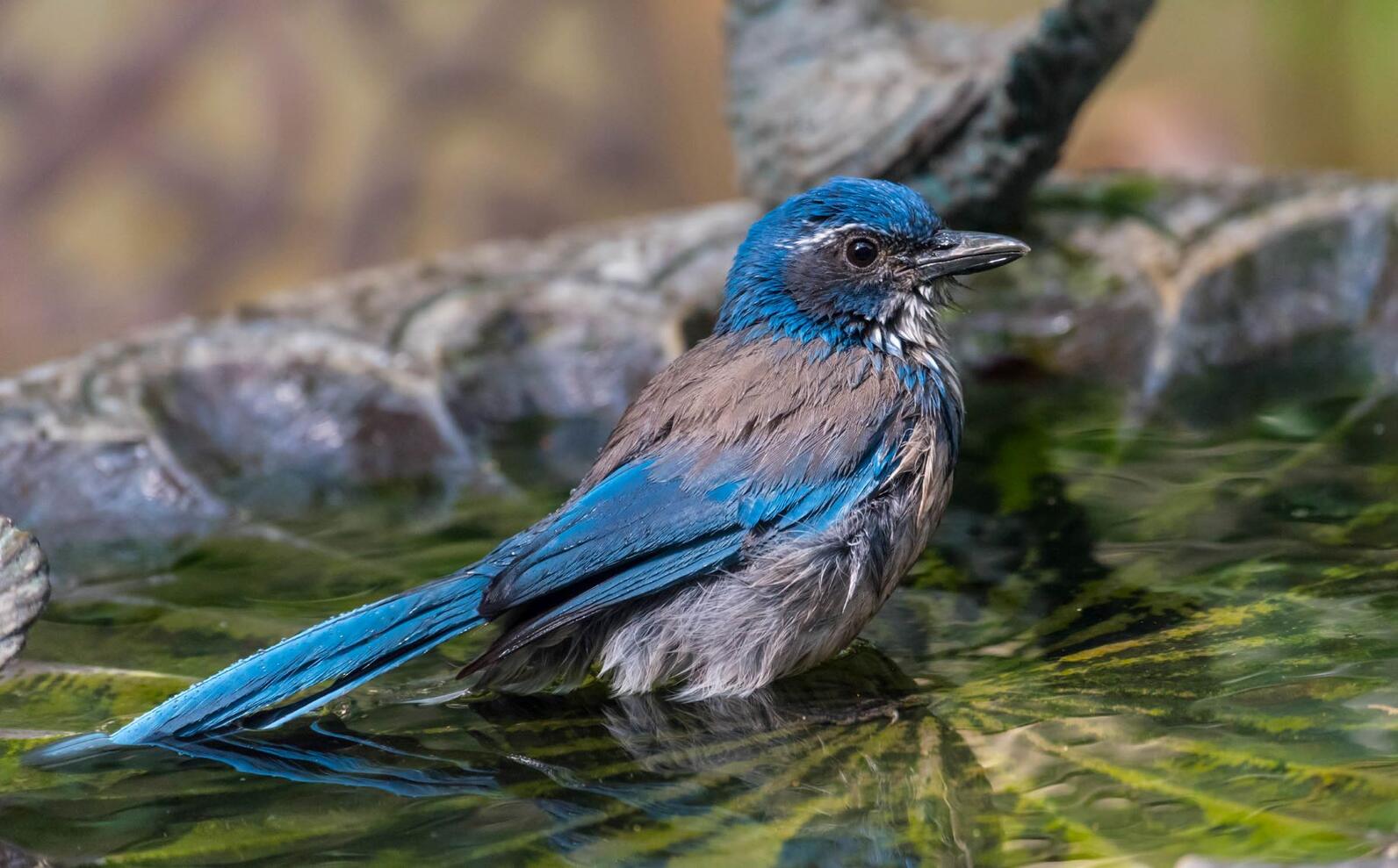
(Oakland, Calif., Oct. 26, 2022)—Audubon California is advising bird lovers to remove feeders and empty bird baths as cases of H5N1 continue to appear in additional counties across California. The influenza strain spreads rapidly among and is often fatal to birds, especially domestic flocks but not exclusively. The disease has also appeared in a wide range of wild birds including Red-tailed Hawks, Canada Geese, American Crows, Wood Ducks and other species. So far, 24 counties have logged cases, including San Francisco, Alameda, Stanislaus, Sacramento and Yolo in Northern California and Los Angeles, Orange, San Diego and others in Southern California.
“We know this comes at a time when drought-stressed birds need birdbaths and fountains more than ever. It is disappointing to many of us, but as this virus spreads, it’s important to keep birds healthy,” said Gaylon Parsons, interim executive director of Audubon California.
Unfortunately, that’s impossible for many species in the wild. With 90 percent of California’s wetlands already lost, wildlife refuges serve as oases for migrating birds along the Pacific Flyway. As drought causes remaining wetlands to shrink, birds crowd together in large numbers. That’s a recipe for an epidemic, not just of avian flu, but other diseases, as well. Two years ago, a botulism outbreak killed tens of thousands of waterfowl as they crowded into shrinking pools at Lower Klamath Wildlife Refuge. Audubon is tracking this situation, and we hope that we can advise people to put feeders back soon.”
If you see a dead or sick bird, do not touch it, and report to the California Department of Fish and Wildlife via their website.
# # #
CONTACT:
Jason Howe, jason.howe@audubon.org; 415-595-9245
About Audubon
The National Audubon Society protects birds and the places they need, today and tomorrow. Audubon works throughout the Americas using science, advocacy, education, and on-the-ground conservation. State programs, nature centers, chapters, and partners give Audubon an unparalleled wingspan that reaches millions of people each year to inform, inspire, and unite diverse communities in conservation action. A nonprofit conservation organization since 1905, Audubon believes in a world in which people and wildlife thrive. Learn more at www.audubon.org and on Facebook, Twitter and Instagram @audubonsociety.



